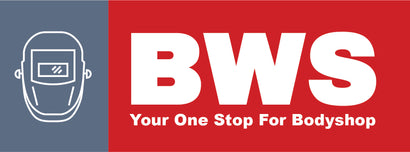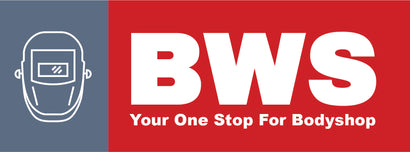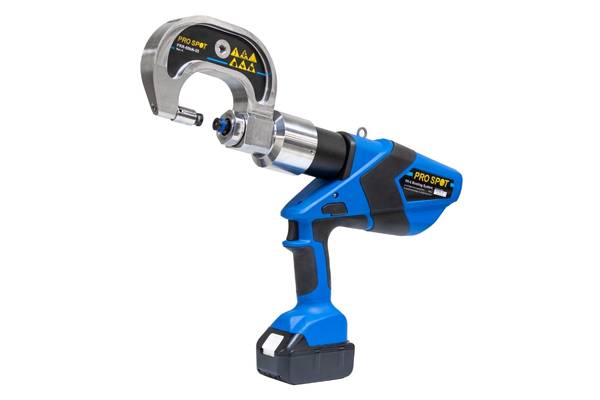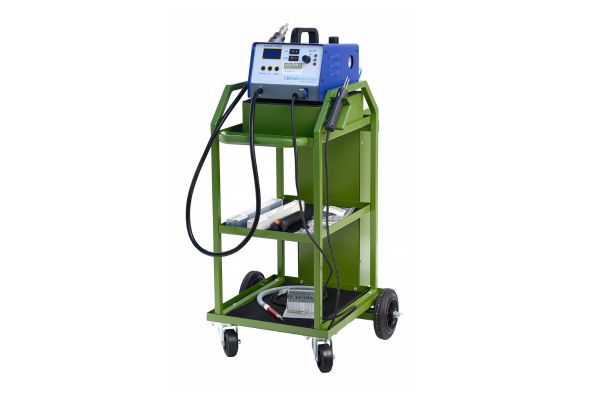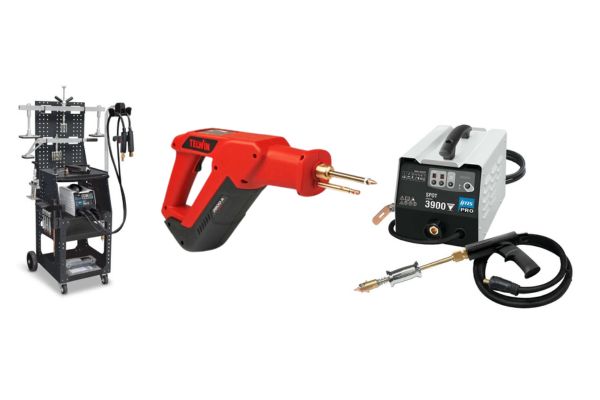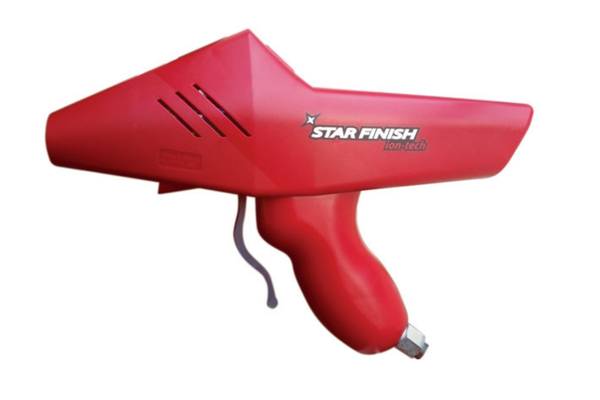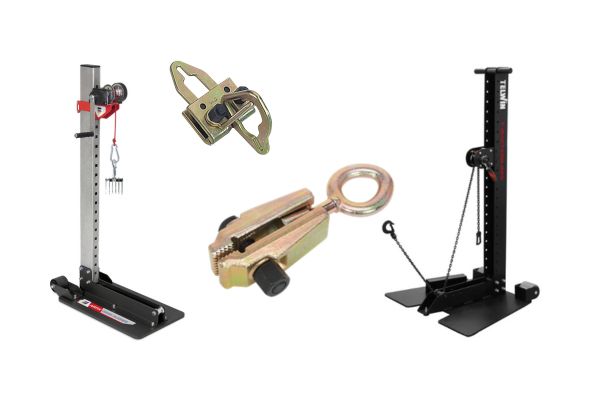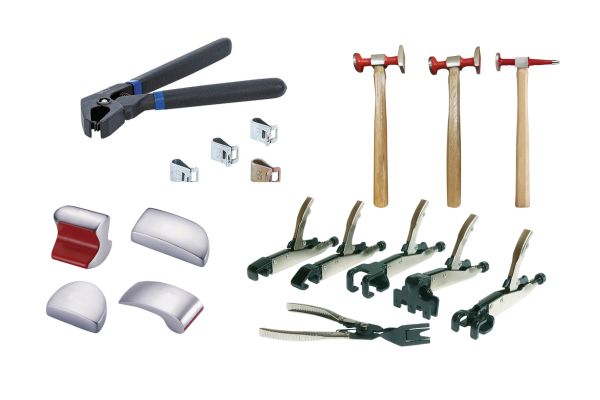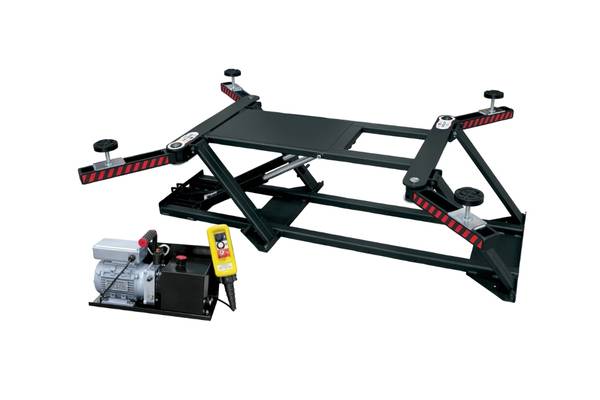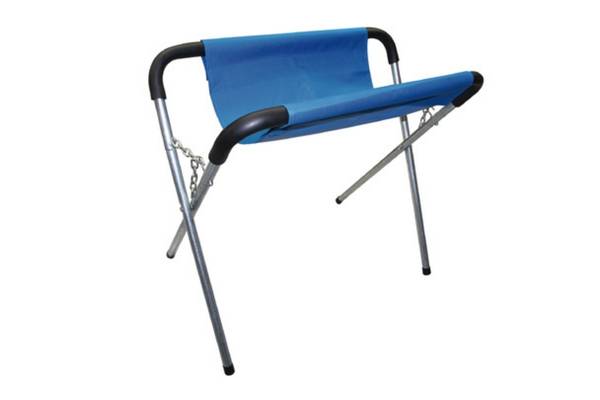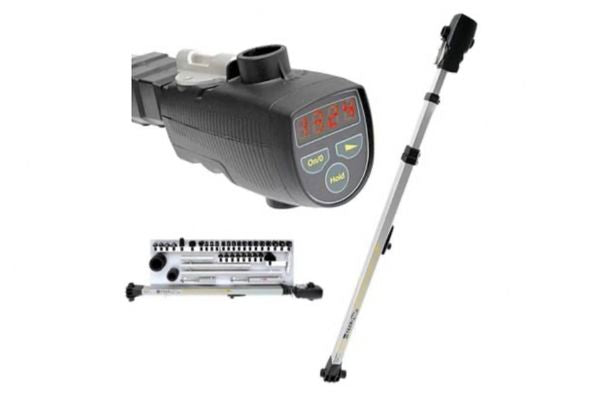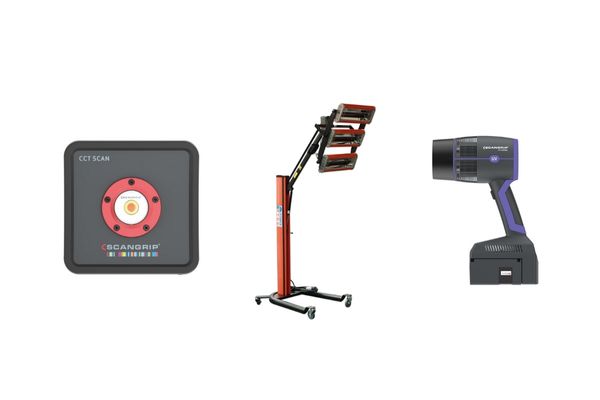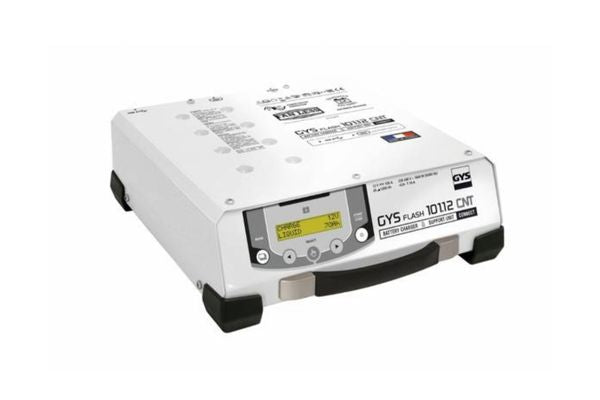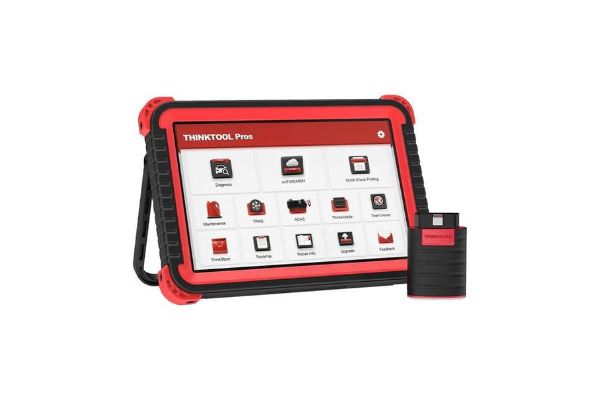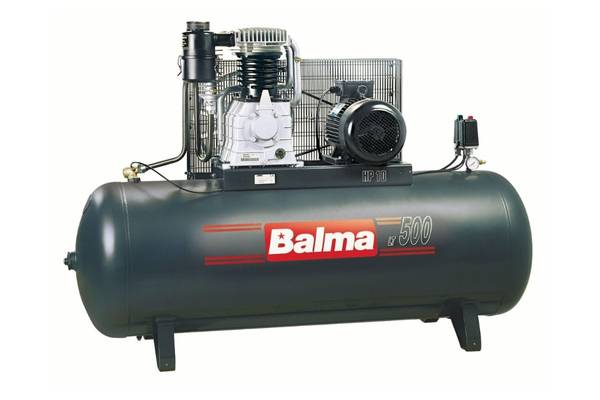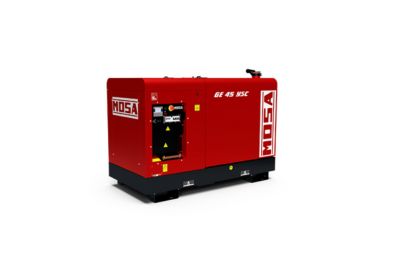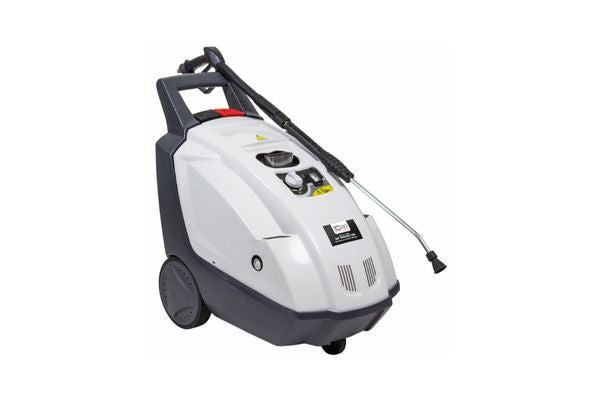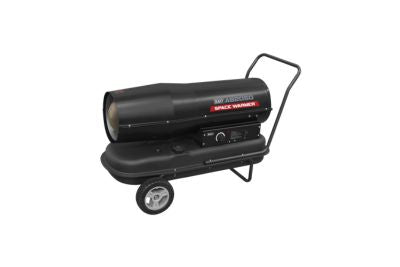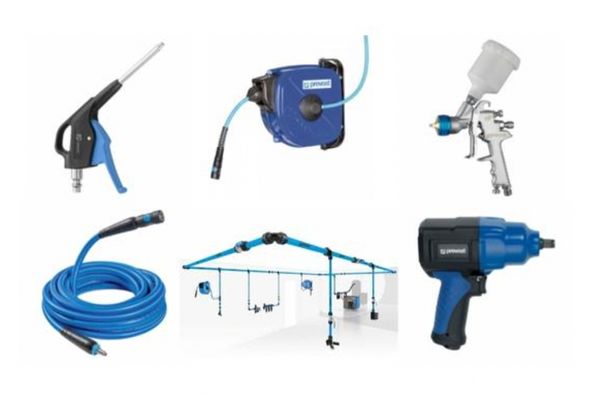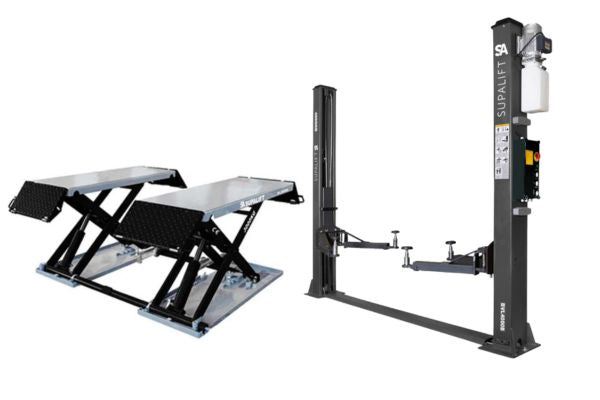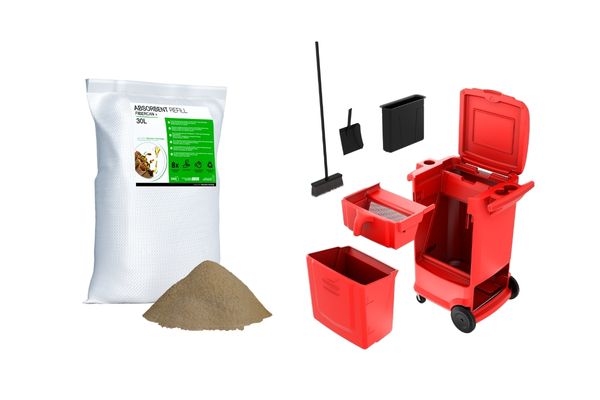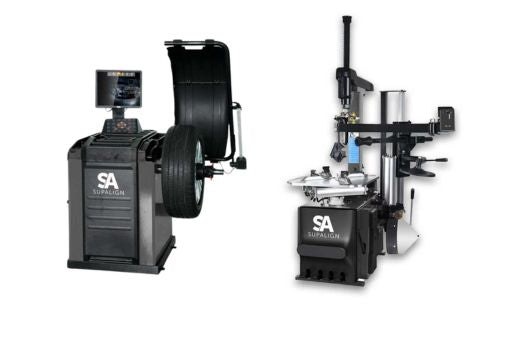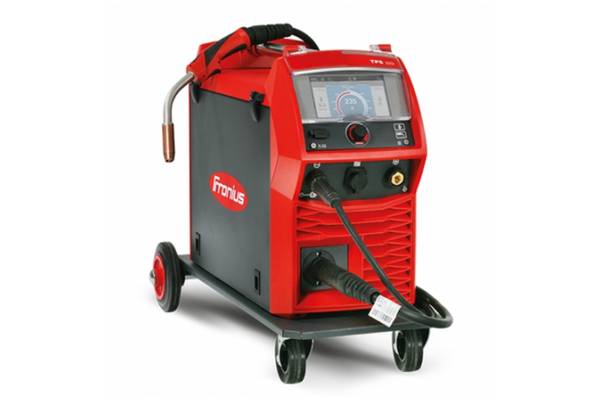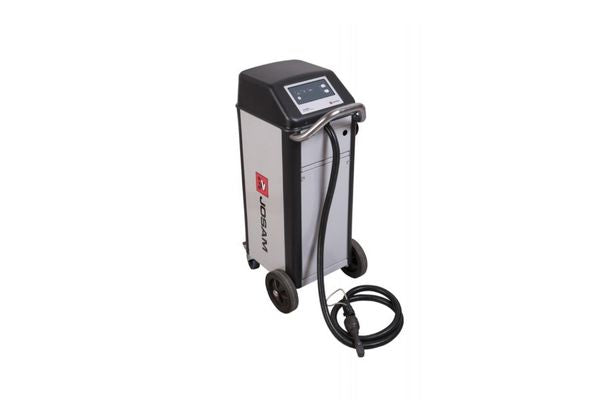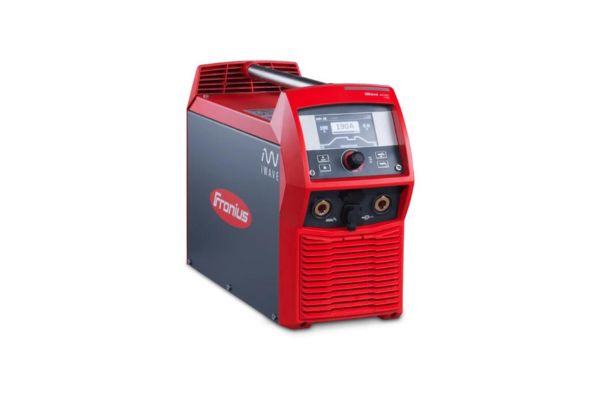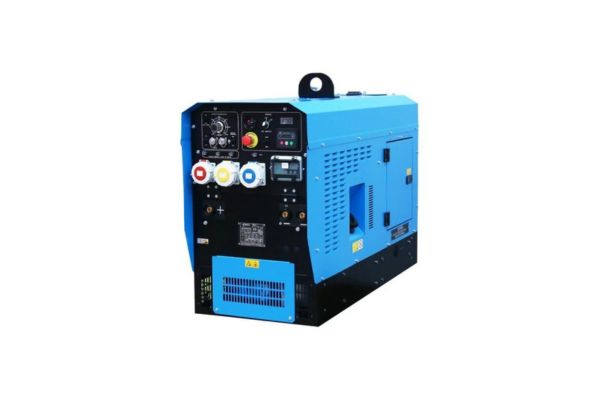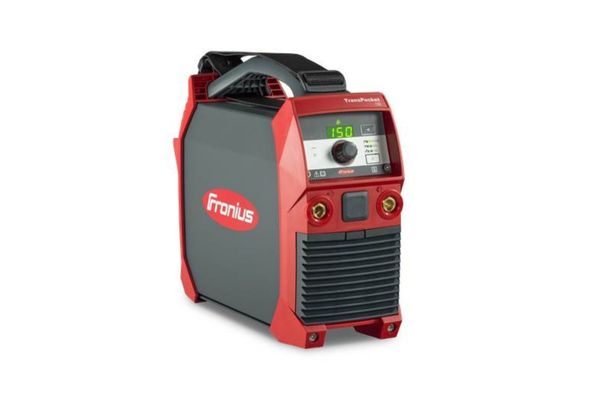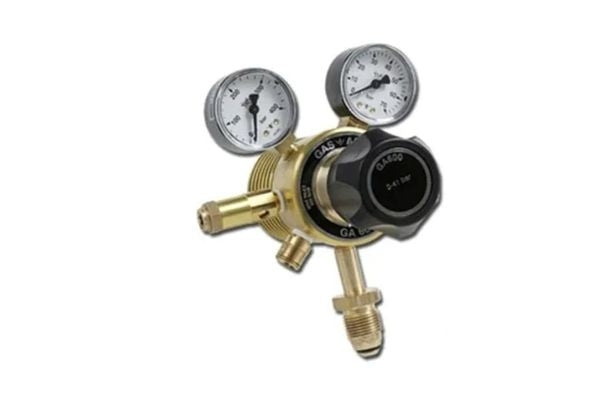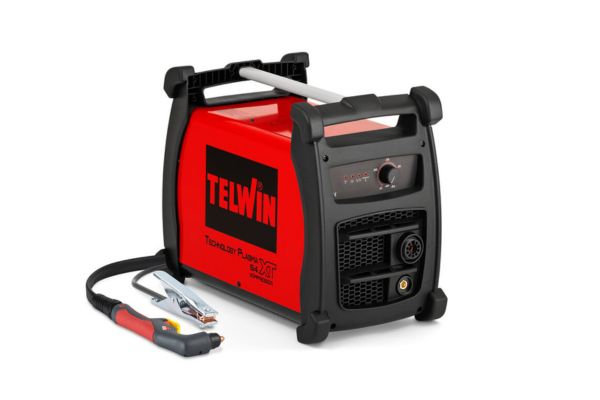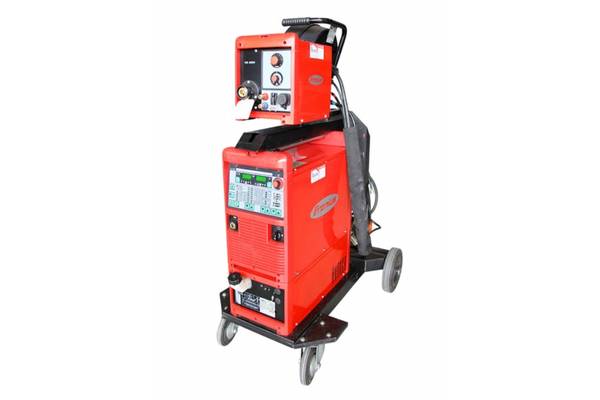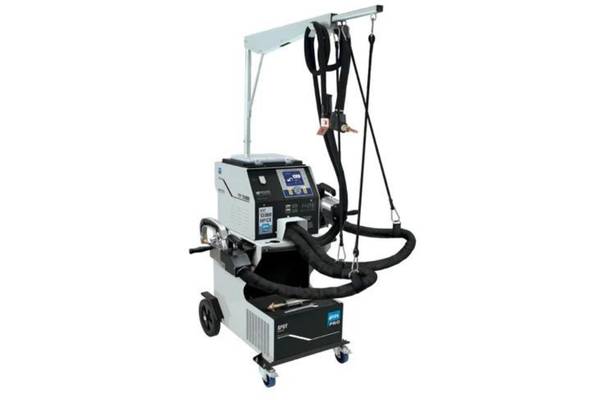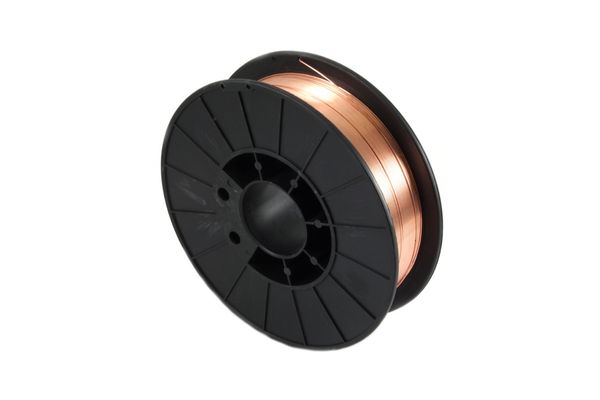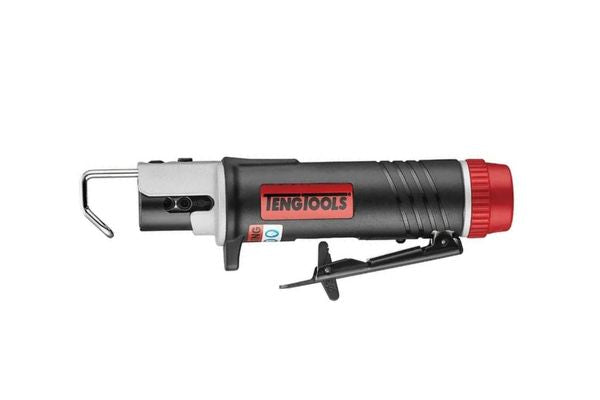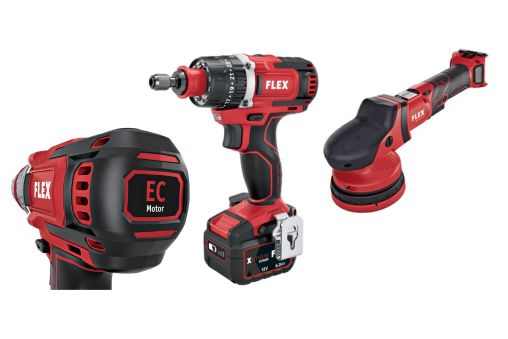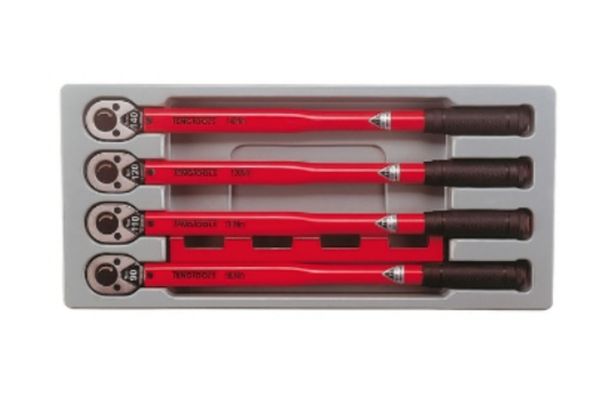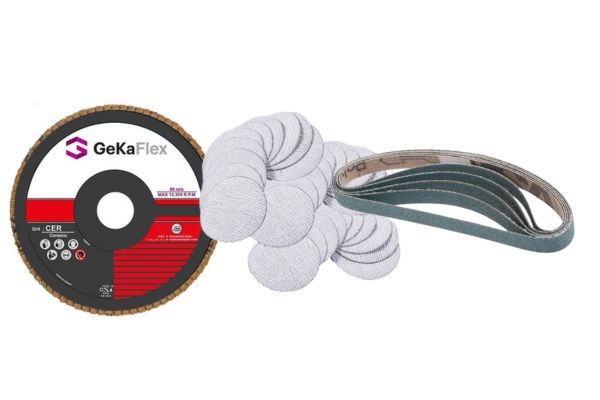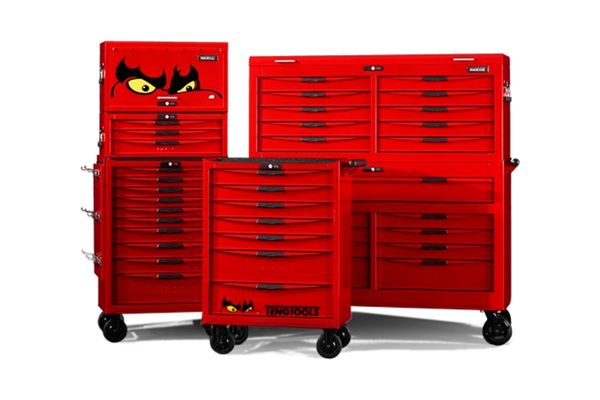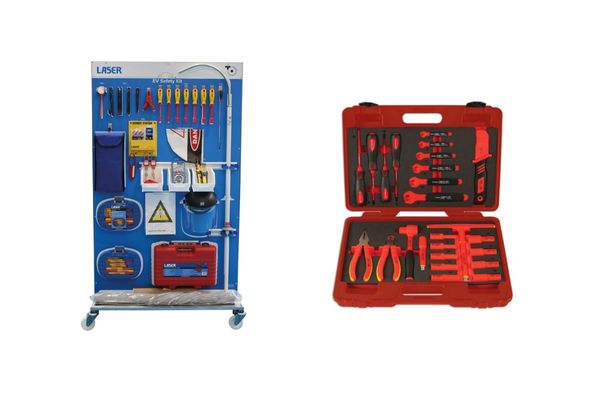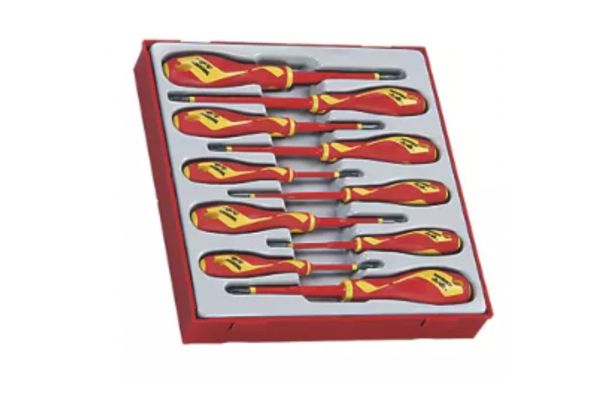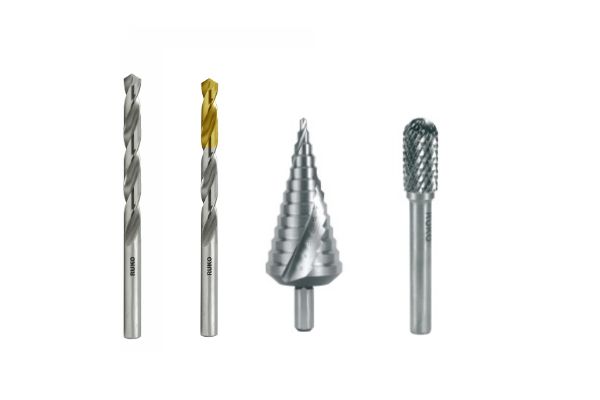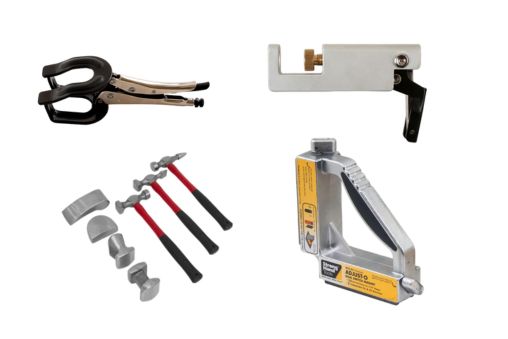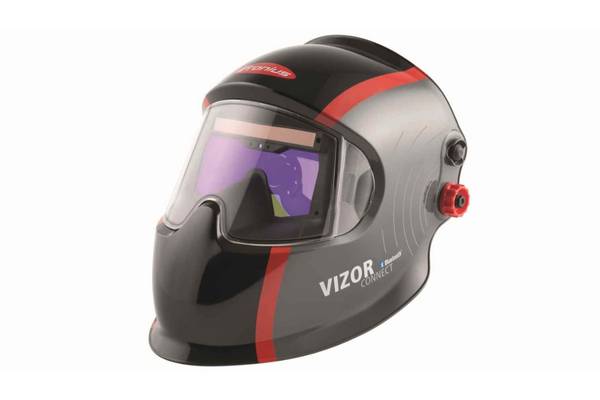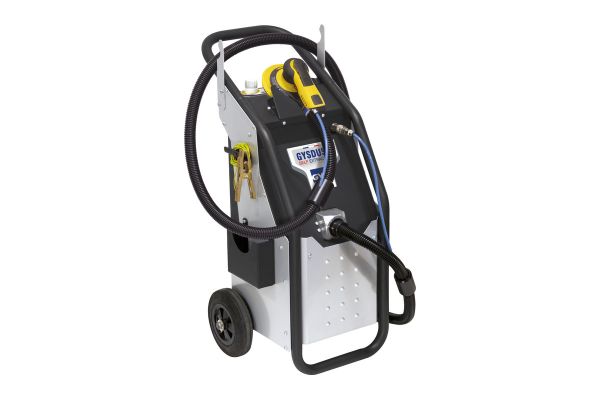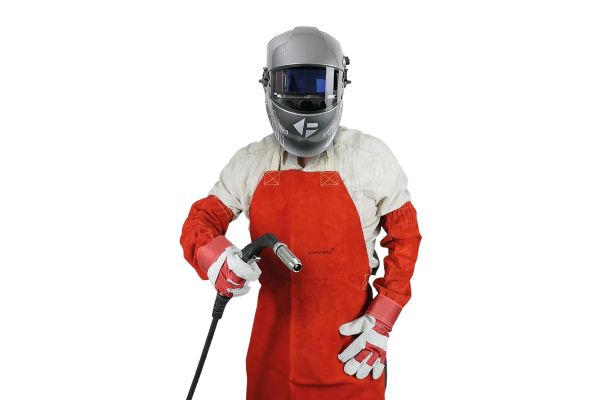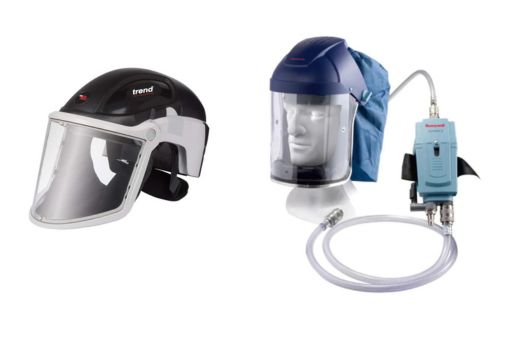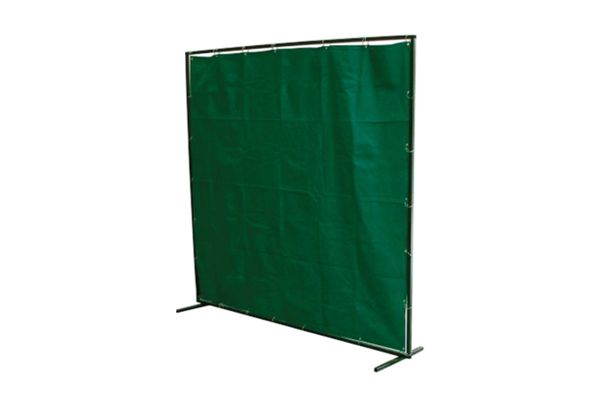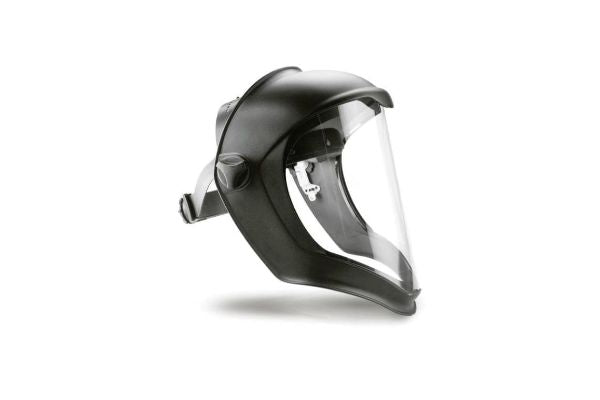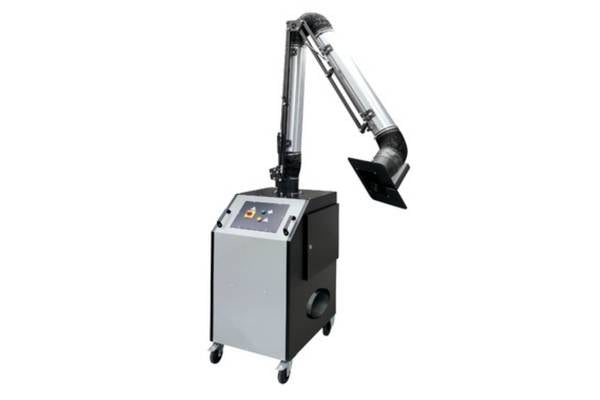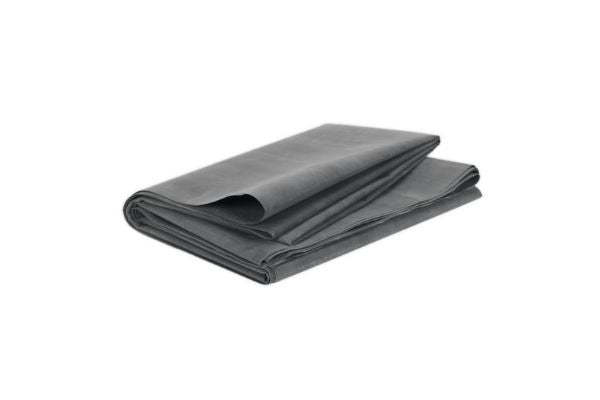Need Some Help? 0161 223 1843
Need Some Help? 0161 223 1843
BODYSHOP
WORKSHOP
WELDING
TOOLS
SAFETY
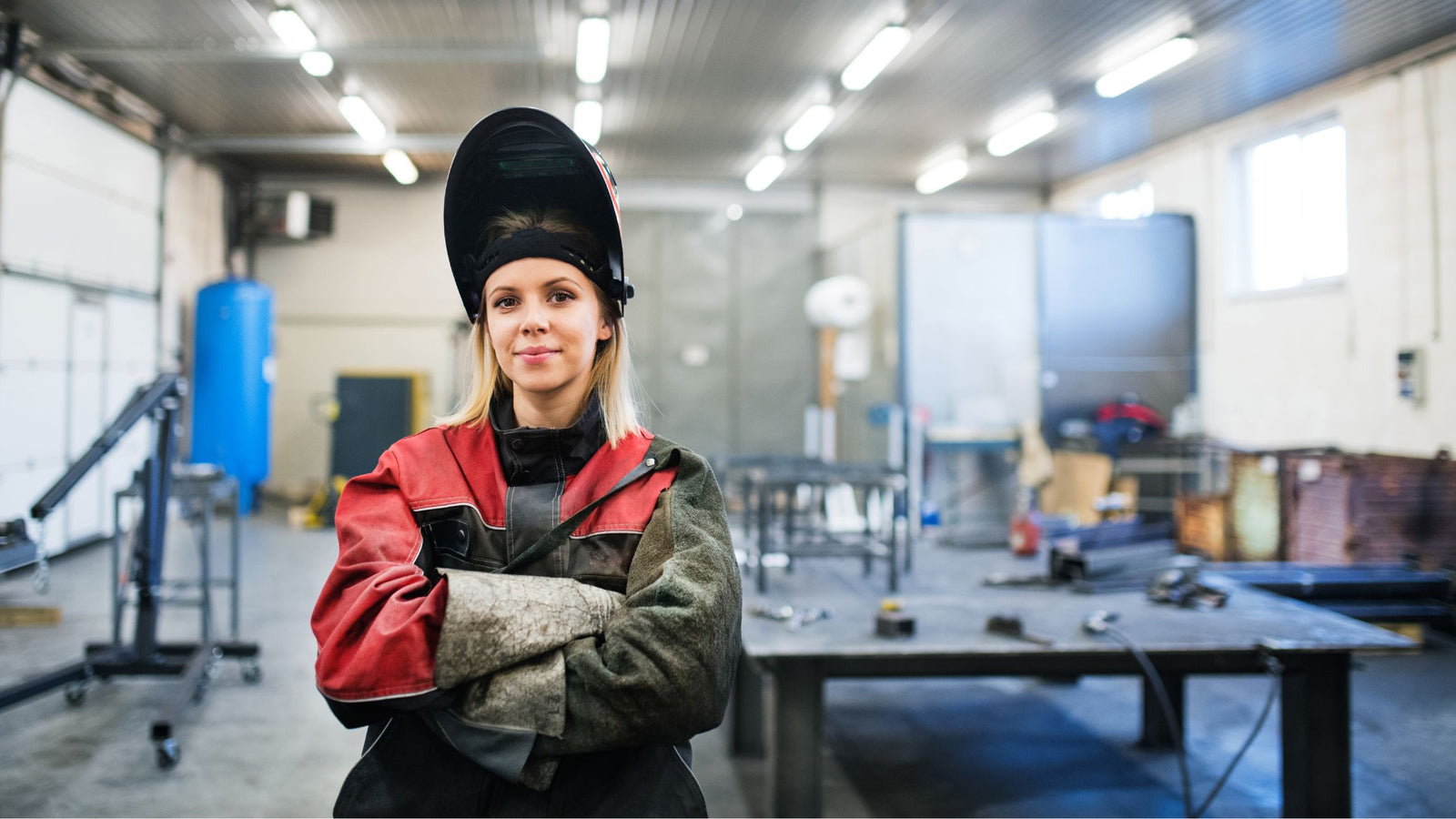
Your Ultimate Guide to MIG Welding Safety Equipment
July 22, 2023 7 min read
Stay protected and weld like a pro with this comprehensive guide to MIG welding safety gear. Learn about the essential equipment that ensures your safety in every welding project.
Introduction to MIG Welding Safety Equipment
What's the first thing that comes to mind when you think of welding? Sparks flying, intense heat, bright light - it's a potentially dangerous job that requires absolute protection. This is where MIG welding safety gear steps in, offering you a reliable shield against all these hazards. From your eyes down to your feet, every part of your body needs to be securely covered. And trust me, the gear isn’t for show. They are a welder's first line of defence against potential risks involved in Metal Inert Gas (MIG) welding. But what exactly is this equipment and why is it so vital? Let’s break it down!

The Importance of MIG Welding Safety Gear
MIG welding, though incredibly useful, poses some serious threats. Intense heat, harmful radiation, electric shocks, and exposure to fumes and gases are some of the risks that a welder faces. Neglecting proper safety measures can result in severe injuries or health conditions, some even being long-term. MIG welding safety gear acts as the knight in shining armour, keeping welders safe and healthy while they do their job. They say that prevention is better than cure, and in this case, safety gear is the preventive measure you cannot afford to ignore.
Welding Helmet: Your First Line of Defence
A welding helmet is arguably the most crucial piece of MIG welding safety Equipment. You might think it's a bit overkill, but when those sparks start flying and the bright light of the arc is ignited, you'll appreciate having a sturdy shield between your face and the welding process. Apart from protecting your face and eyes from sparks and intense light, helmets also guard against harmful ultraviolet and infrared rays.

Modern helmets even come with auto-darkening features, adjusting to different light conditions and providing you optimal visibility during your welding tasks. Helmets have evolved from simple hand-held pieces of cardboard with a shaded glass in them to fully reactive helmets that your are able to see through until you start to weld. We can even see welds now in colour with the introduction of "true Colour" welding lenses.

AIr Fed Welding Helmets
New legislation has now required you to wear air fed fume protection welding helmets or PAPR for short (Powered Air Purifying Respirator) for welding depending on what your welding and how your welding. Steel welding has no been deemed a carcinogenic so extra safety precautions have been recommended.
Air fed welding helmets, also known as powered air purifying respirators (PAPR) welding helmets, are advanced personal protective equipment (PPE) designed specifically for welders. These helmets offer a higher level of protection compared to traditional welding helmets. They are equipped with a powered air system that delivers a continuous supply of purified air to the welder, providing respiratory protection against harmful fumes, gases, and particles generated during the welding process.
Air fed welding helmets have become increasingly popular among welders due to their ability to minimize the inhalation of hazardous substances and ensure a safer working environment. By wearing an air fed welding helmet, welders can focus on their work without compromising their health and well-being.
Lots of new Air fed welding helmets also include a grinding vizor so that you are also fully protected even when grinding. These helmets are the ultimate in protection.
Always check that any helmet you purchase has an ANSI stamp on it. This proves it meets test standards.

Welding Gloves: Keeping Your Hands Safe
Imagine trying to cook a steak barehanded on a grill; sounds painful, doesn't it? The same principle applies to welding. Your hands are constantly exposed to extreme heat, sparks, and sharp objects. That's why welding gloves are an essential part of your MIG welding safety Equipment. Made from durable materials like leather, these gloves provide a comfortable fit while offering much-needed protection. They shield your hands from heat, cuts, and burns, allowing you to work with precision without worrying about potential injuries.
The differences in quality of the hide is generally what you pay here. Better quality gloves are generally more flexible giving you more "feel" while cheaper gloves tend to be unlined and a lot stiffer. Some employ kevlar stitching at the fingers as welding gloves have a tendency to split there. The length of the cuffs is so that your welding jacket can easily insert into the gloves for added safety. Another type of glove is a TIG welding glove. These are a lot thinner that welder gloves or Welding Gauntlets

Welding Jacket: Shielding Your Body
Welding jackets act like a knight's armour, protecting your body from the harsh conditions of welding. They're designed to resist flames, sparks, and spatter, safeguarding your upper body and arms from potential burns. Some might argue that it's uncomfortable to work in a jacket, but with advancements in technology, welding jackets have become more breathable and lightweight. If anything, wearing a welding jacket provides you with peace of mind knowing your torso is safe while you're busy creating masterpieces.

Welding Boots: Protecting Your Feet
Any person thats welded will tell you a story of how a spatter ball managed to find its way through a boot and into their foot, followed by the jog dance of shaking the foot the burning foot in the air. Don't underestimate the importance of proper footwear in your MIG welding safety Equipment ensemble. Welding boots are specifically designed to protect your feet from falling objects, sharp metals, and sparks. Plus, many welding boots have electrical hazard protection, giving you an extra layer of safety from electrical shocks. Remember, your feet carry the rest of your body. So, investing in a good pair of welding boots ensures that you stand safe while welding.

Welding Aprons: An Extra Layer of Safety
Sometimes, a jacket just isn't enough. For those occasions, a welding apron is the answer. Offering an extra layer of protection, welding aprons prevent any sparks or spatter from reaching your torso or lower body. Plus, they're usually made from durable, heat-resistant materials like leather, ensuring you're safe from any hot surprises during your welding session.

Safety Glasses: Double Protection for Your Eyes
You might think that a welding helmet provides sufficient protection for your eyes. While helmets do offer significant protection, adding safety glasses to your MIG welding safety equipment kit is like having a double shield. They protect your eyes from flying debris when you lift your helmet and can be worn comfortably under your helmet for that added layer of safety.
Ear Protection: Safeguarding Your Hearing
Welding can be loud, and prolonged exposure to high noise levels can result in hearing loss. Ear plugs or ear muffs can mitigate this risk by reducing the intensity of the noise reaching your ears. They are especially useful in high-production settings where multiple people might be welding simultaneously.

Welding Caps and Bandanas: Avoiding Head Injuries
There is nothing worse than a welding spark hitting the tp of your head mid weld. The smell of burning hair interrupting your concentration as you lay down that perfect bead. To fully cover your head from sparks and radiation, welding caps and bandanas are recommended.These cover the head, ears, and neck, areas that are often exposed during welding. Most of these are flame-resistant and can easily fit under your welding helmet.
Welding Sleeves: Extra Protection for Your Arms
If the weather is too hot for a welding jacket, welding sleeves are a good alternative. They cover your arms, providing protection from heat, sparks, and spatter. Made from durable and flame-resistant materials, they are a must-have for welders who prefer to weld in short sleeves.
Maintaining Your MIG Welding Safety Equipment
Maintaining your welding safety gear is as important as owning it. Regular cleaning, proper storage, and periodic checks for any wear and tear can extend the life of your safety gear and ensure it provides optimum protection.
When to Replace Your MIG Welding Safety Clothing
Safety gear doesn't last forever. Knowing when to replace your safety gear is crucial to ensure your protection isn't compromised. This section will guide you on spotting the signs of wear and tear and when it's time to shop for new safety clothing.
FAQs
What is the most important MIG welding safety gear?
All pieces of safety gear have their significance, but arguably, the welding helmet is the most important as it protects your face and eyes from intense light, heat, and harmful radiation.
Can I use regular gloves for MIG welding?
No, regular gloves do not provide the necessary protection against the heat and sparks produced during MIG welding. Welding gloves, made from durable materials like leather, are recommended.
Is it necessary to wear a welding jacket while MIG welding?
Yes, a welding jacket shields your upper body and arms from potential burns caused by sparks, spatter, and heat.
How often should I replace my MIG welding safety gear?
This depends on how often you use your gear and the conditions in which it is used. Regular checks for wear and tear will give you an idea of when it's time for a replacement.
What features should I look for in a welding helmet?
Look for features like auto-darkening, adjustable fit, sufficient coverage, and compliance with safety standards.
Are welding boots necessary for MIG welding?
Yes, welding boots protect your feet from falling objects, sharp metals, and sparks. They also provide electrical hazard protection.

|
Paul Jones Director BWS Ltd, CSWIP Ive been a welding engineer for over 30 years and a welding inspector for 23 years with vast experience of welding and related topics. |
Leave a comment
Comments will be approved before showing up.
